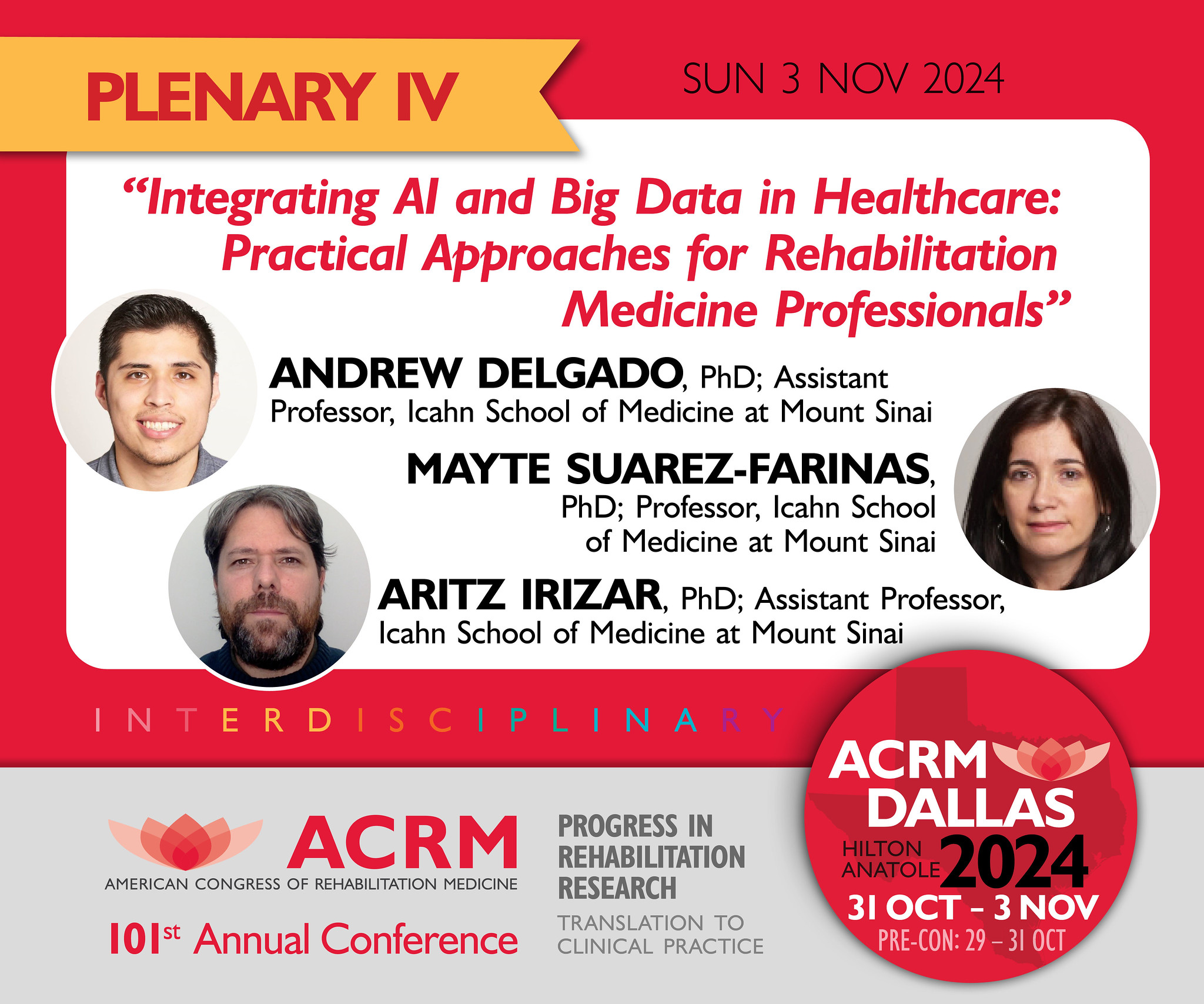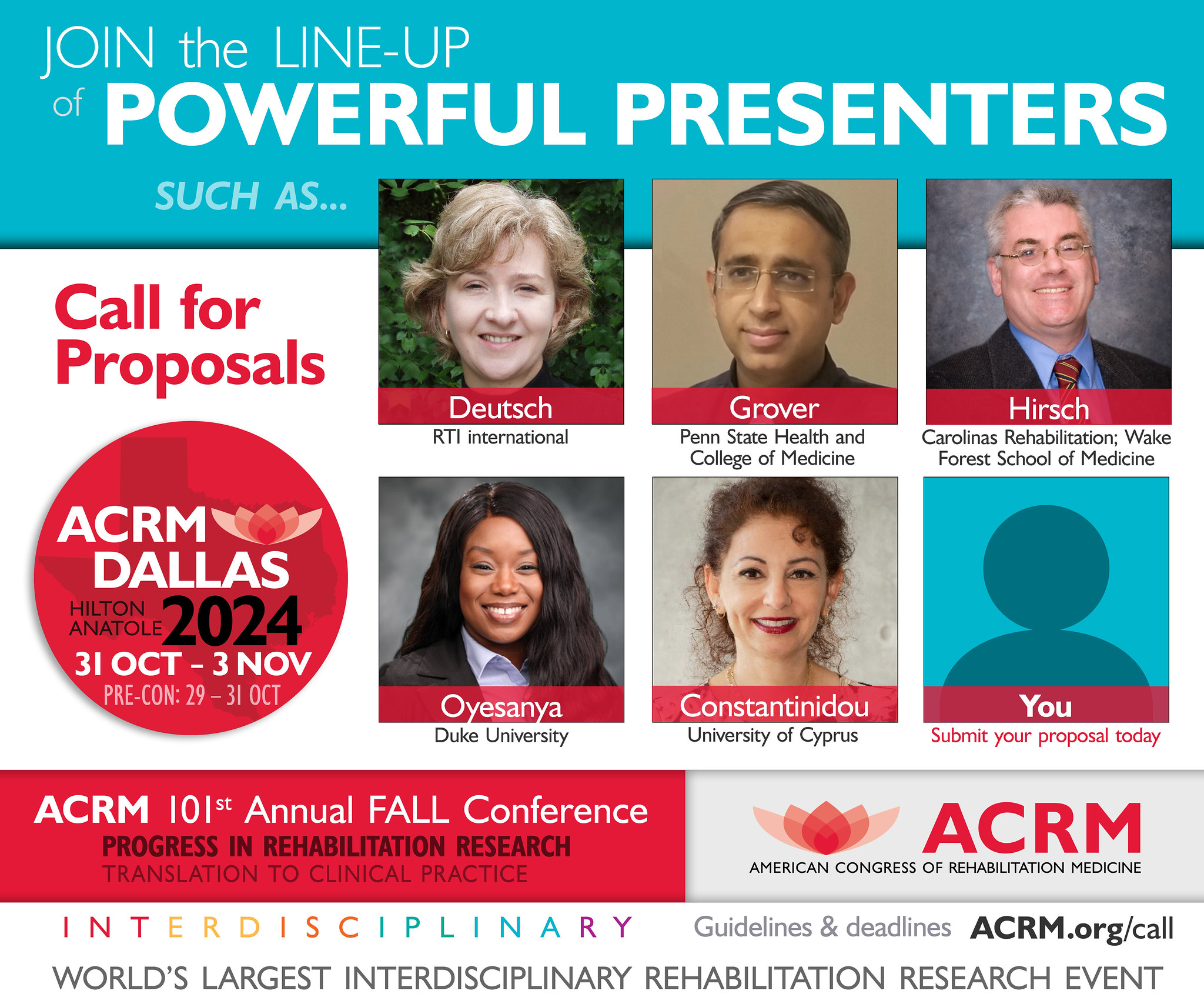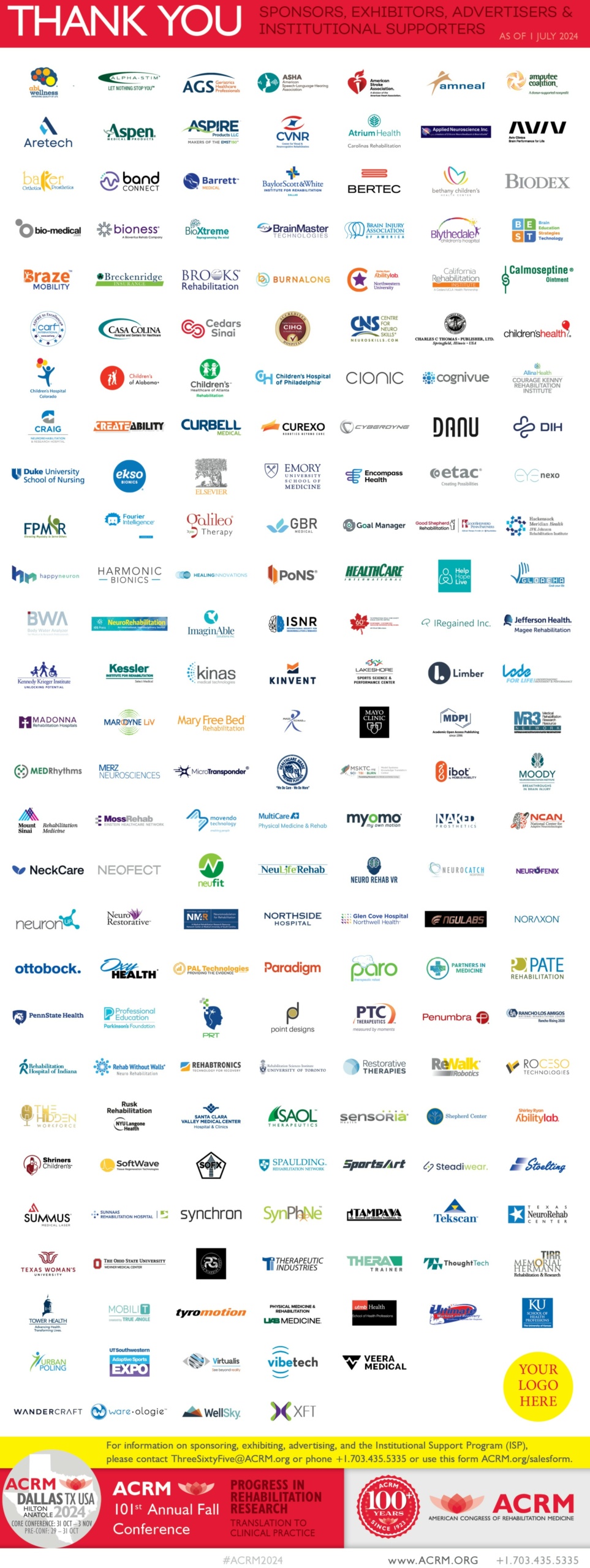Original Article

A Two-Part Series
By Erkut N. Kucukboyaci, PhD
Associate Research Scientist
Kessler Foundation
Young academics, especially those completing post-doctoral training, receive endless hours of training on topics ranging from clinical skills, case conferences to research methods and statistical tools, all the while facing a challenging, competitive job market. In an era of productivity boosters, millennial workplaces that combine work and play, and myriad career advice that tells people to “lean in,” it has become especially important to stop and think about the historically troubling power dynamics of the American workplace. However, very little training is available to early career professionals (ECPs) on maintaining and championing work-life balance.
Our two-part series will address this question and discuss what we can do as early-career academics in order to build a professional career that is simultaneously rewarding, ambitious, productive, fun and sustainable. We will rely on introspective questions to guide your thinking, followed by some proactive recommendations that get you to work more effectively at achieving the work-life balance you wanted.
Understand where you are coming from and where you want to go.
Most ECPs of today have spent a portion of their graduate school years during the aftermath of the 2008 economic crisis. As grants were being cut right and left with occasional funding freezes, the ECPs graduate school experience is likely to be marked by mentors who struggled with the stress of keeping their research teams afloat and failed to model work-life balance themselves. Similarly, role models like parents or family friends around us also likely influenced how we think about “a hard day’s work” and how much one needs to sacrifice themselves to make a living. Therefore, it is important to stop and think about our own understanding of work-life balance and question where we might have picked up some of the less healthy ideas.
During my professional years in and outside of academia, I have heard a gamut of “implicit” perspectives on work-life balance, often hidden between the lines as humblebragging moments when discussing the most mundane topics. “I have not seen my eight-month-old for a whole month now.. wow.. wait, is he seven months?” bragged one supervisor.
“I love my gym because it has childcare,” bragged another mentor, with a full-time live-in nanny, as she enthusiastically described how she can squeeze in 3-4 hours of work on weekend mornings as she can sneak in her laptop to the gym and hide around a corner to do work after her workout while her toddler is doing a lengthy drop-off care.
While my initial reaction was undetectable yet determinedly disapproving in each of these instances, more time and thinking has allowed me to re-conceptualize these individuals not as villains, but also as victims of systems that they were either unwilling or unable to change.
Feel your power
We all exist within institutions, which exist within the system called “academia,” which is one of the most-outdated systems in the world and continues to quietly propagate misogyny and discrimination in subtle ways. Yes, we may not be able to change the system … but we can still take joy in realizing that change starts with us.
For ourselves and the team members that work with us, we can still model the right behaviors, express “healthier” ideas about work-life balance, and start creating a mini-world that is different from the problematic academic universe it exists in. Indeed, the grants-based, project-oriented specialization of many labs make them ideal testing grounds for creating more efficient workplaces that respect workers. Therefore, it makes sense to acknowledge that we as ECPs are in growing positions of power, and that we will have more and more people working with us over the years. So why not be the change we wish to see in the world around us?
This can be as simple as letting others know how you need certain flexibility in your work hours on some days of the week for childcare, or that you do not respond to non-emergency work emails or phone calls after 7 pm. In making those statements, ECPs are not only able to shape their work environment in line with their needs, but can also inspire and encourage others to do the same.









